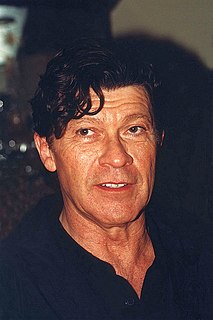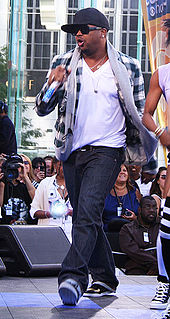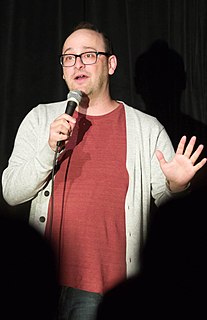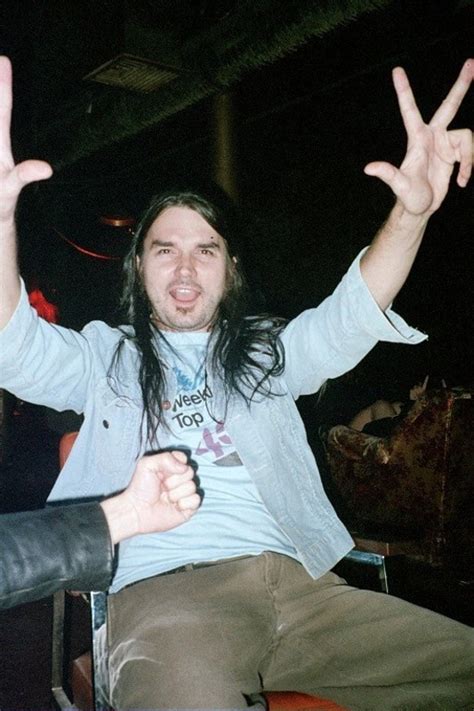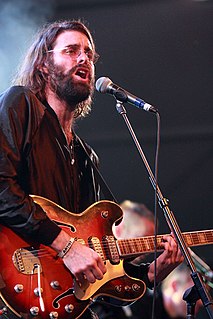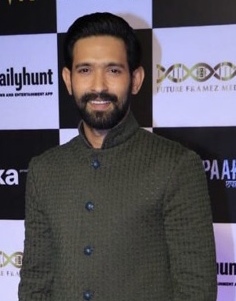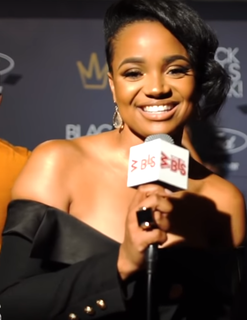A Quote by Robbie Robertson
I try not to think the song to death. The main criteria is if it's working on an emotional level.
Related Quotes
I don't try to approach things any differently, songwriting-wise, regardless of what I'm doing. I try to write whatever the best thing is that I'm doing that day. If I'm working on a pop song, I'm working on a pop song to the best of my ability. If I'm working on a bluegrass song, it's the same thing. They're not really different parts of the brain.
I think the emotion that song carries makes it good. Because you have to produce around something - an emotional attachment and a feeling. The melody itself has a feeling in it. The keys, the tones, frequency, sonics, all of those have feelings in it. Like, it's the ghost within, the music itself. That's what makes the song even have a possibility of being great. The emotional connection. Because if you don't have that, I don't think you really have a song.
When somebody brings me a record to mix, usually they feel like they can only get it so far with who they were working with or with themselves, and they just want somebody with fresh ears to take it to the next level. I just try to have a candid, open conversation with them about each song before we start working on it.
I think hunger is a natural state of being for most people. I mean, hunger is a desire - and you don't only have physical hunger, you have emotional hunger. A lot of my hungers are, in fact, emotional. I think a lot of fat people's hungers are emotional. There are things we very much want, and it can be so difficult to satisfy those hungers. Yet we try. We try so hard.
What I've learned how to do as I've gotten older is to take all of the information that I have, and push it aside, and try to distill each song into an emotional theme. The hardest thing that I've ever had to learn how to do in playing music is use the sound of my instrument to create an emotional effect.
The main problem of America is that you're seeing people working all over this country two jobs, they're working three jobs, and they're getting nowhere in a hurry. They're working hard. They can't afford to send their kids to college in many instances. They can't afford child care for their little babies. They're worried to death about retirement.
